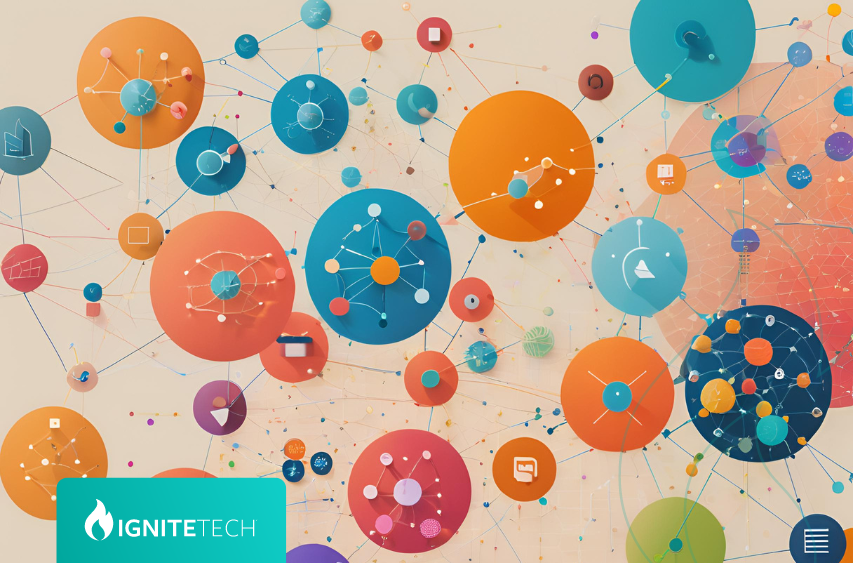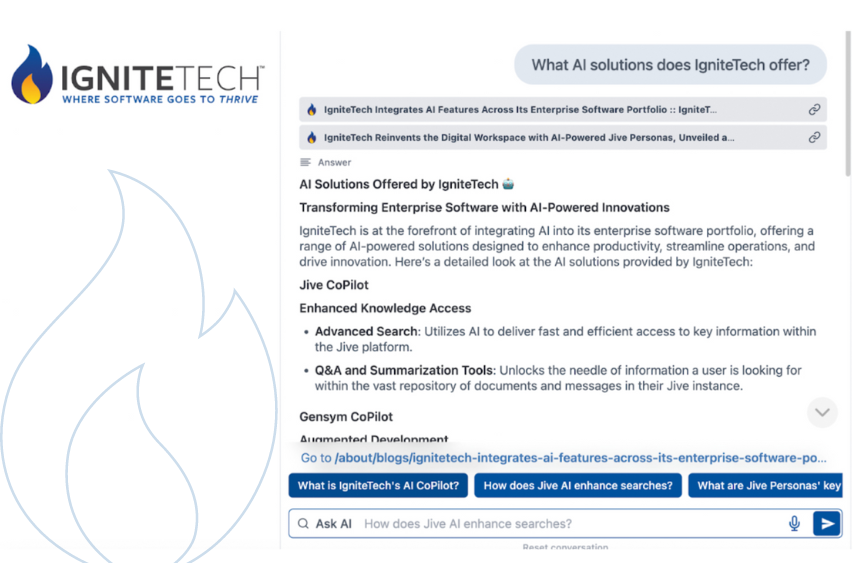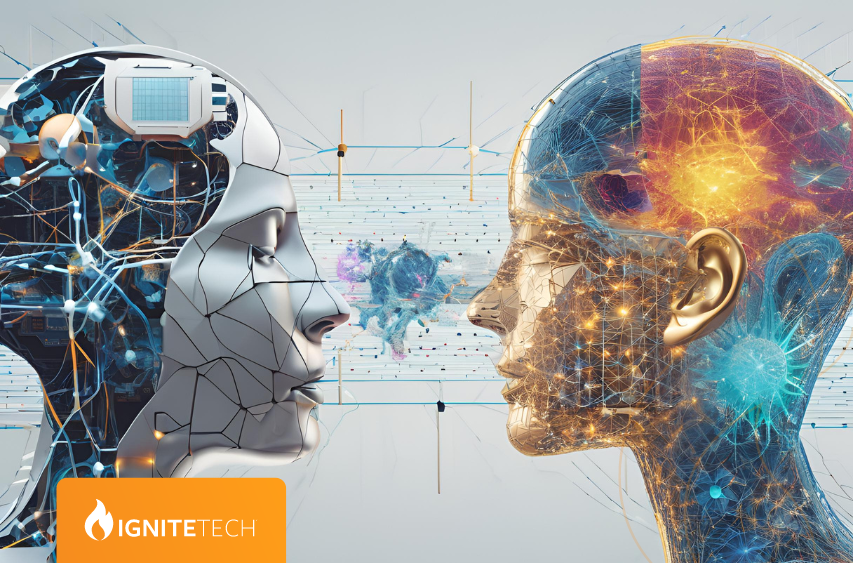Unsupervised learning is emerging as a powerful tool for businesses seeking to extract valuable insights from their data. This branch of artificial intelligence offers unique advantages, allowing companies to uncover hidden patterns and structures that human analysts might overlook. Unlike supervised learning, which relies on labeled datasets, unsupervised learning algorithms can work with raw, unlabeled data to reveal meaningful information.
At its core, unsupervised learning works by identifying similarities and differences within data, clustering information into meaningful groups, or reducing complex datasets to their most essential components. This approach opens up a world of possibilities for businesses across various sectors.
In customer segmentation, unsupervised learning shines by automatically grouping customers based on their behaviors, preferences, and characteristics. Retailers use these insights to tailor marketing strategies, personalize product recommendations, and enhance customer experiences.
Financial institutions leverage unsupervised learning for anomaly detection, identifying unusual patterns that could indicate fraud or market opportunities. By analyzing vast amounts of transaction data, these algorithms can flag potential risks or uncover new investment strategies.
In manufacturing, unsupervised learning aids in predictive maintenance by detecting subtle changes in equipment performance data. This proactive approach helps companies avoid costly downtime and optimize their maintenance schedules.
For e-commerce platforms, unsupervised learning powers recommendation systems that go beyond simple product similarities. By understanding the underlying structure of user preferences, these systems can suggest products that customers didn't even know they wanted.
The healthcare industry uses unsupervised learning to analyze medical imaging data, helping to identify potential disease markers or classify tissue types. This can lead to earlier diagnoses and more personalized treatment plans.
As businesses continue to accumulate vast amounts of unstructured data, the importance of unsupervised learning will only grow. Its ability to process and make sense of complex, unlabeled datasets makes it an invaluable tool for companies looking to stay competitive in the data-driven economy.
However, implementing unsupervised learning successfully requires careful consideration. Businesses must ensure they have the right infrastructure to handle large datasets, the expertise to interpret results, and a clear understanding of how these insights align with their strategic goals.
At IgniteTech, we're excited about the potential of unsupervised learning to transform businesses across industries. By harnessing the power of this technology, companies can unlock new insights, drive innovation, and make more informed decisions in an increasingly complex world.






